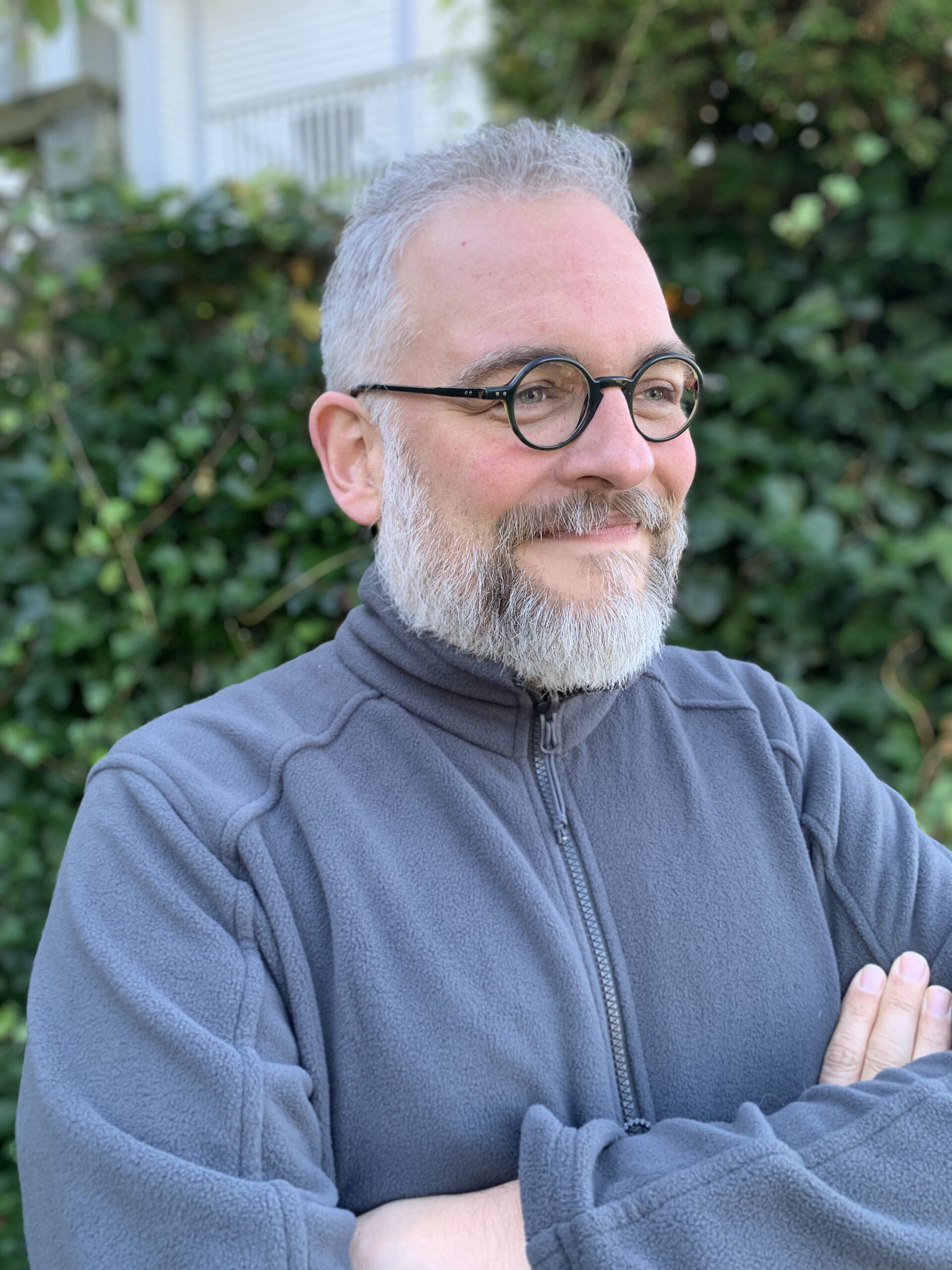Anxiety is actually one of our bodies’ natural responses to stressful situations, and can be a very healthy one. Anxiety is part of the way we recognize and avoid dangerous situations. The trouble is that the mental (and often unconscious) systems that watch for and respond to danger evolved for much more primal situations than we normally face. They don’t necessarily make a distinction between degrees of danger; they might throw us into ‘red alert’ mode for any and every anxious situation they identify, from the bear in the woods to the creepy stranger following you after dark, to pandemic news updates, to the growing awareness of the climate crisis.
For a long time, I tried to use my anxiety like a superpower. I would get surges of anxiety, when my heart would race, and I’d find it hard to focus, but I could never tell why. Now I refer to those episodes as ‘visits from the anxiety fairy’. They might happen at random, sometimes on a daily basis: an unseen fairy dropping off a little package of nervous disruption to unsettle my day. I used to ask myself ‘What am I forgetting?’ as if this was my subconscious screaming for my attention to one of a thousand projects and tasks simmering on the back burner of my mind’s stove. I kept detailed lists of all the things that I might forget, so that at the next surge of anxiety, I could quickly scan through them to reassure myself that there was nothing about to burst into flame, or at least leap towards something I’d been neglecting for too long. For me, these visits from the anxiety fairy were a push to be extremely organized and focused on productivity.
For me, this turned into a pretty toxic impulse. Often, the clergy have vaguely-defined responsibilities and plenty of unwritten expectations. Sometimes these expectations are placed on us by parishioners; sometimes we put them on ourselves. When it feels like many people have no idea what actually constitutes priestly ministry, and churches are struggling to pay their clergy a fair stipend, it can be tempting to amass a lot of projects and responsibilities to prove that we’re ‘earning our keep’. Using a visit from the anxiety fairy as a prompt to spur on new rushes of superhuman productivity might seem like a good idea at the time. But without dealing with the underlying problems of poorly-defined expectations and of the anxiety itself, it’s a recipe for disaster. Sooner or later, we can’t keep all the plates spinning. We have to let go of something, or they’ll all come crashing to the ground at once.
If we’re going to be concerned about the health and well-being of the clergy, we have to take their mental health seriously. People say that ‘Burnout doesn’t come from working too hard. It comes from doing the work that others should be doing’. How much of the work that the clergy are doing is really ‘ordained ministry’, and how much do we define ‘ordained ministry’ as ‘whatever the clergy are doing’? How much of what the clergy do requires a collar and a seminary education? How much is just ‘other duties as assigned’ because there was no one else around to do it?
If we’re going to take the well-being of the clergy seriously, we have to keep asking these questions. Parishioners and Vestries need to ask themselves whether everyone understands what the clergy are responsible for, what is the ministry of the whole People of God, and whether the distinction (or lack thereof) is supporting the mental health of the clergy. Clergy need to ask themselves whether they’re doing their own work or someone else’s, and what kind of effect that might be having on their well-being.
Mental health struggles can seem overwhelming, but with help, they can be dealt with. One of the hardest parts is admitting that something isn’t right.
If you or someone you know is experiencing a mental health crisis, you can get help by calling 811. More support and resources are available online at nl.bridgethegapp.ca.




